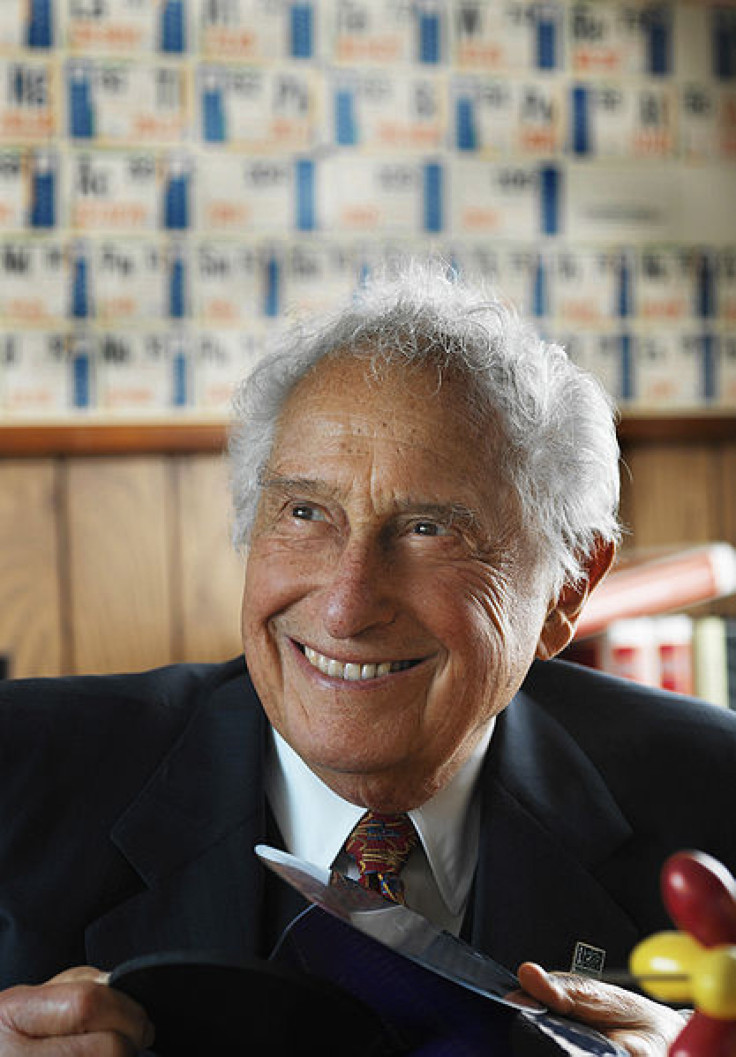Stanford Ovshinsky: Genius Behind Smartphone Batteries Dies Aged 89

Stanford Ovshinsky, credited as the brain behind batteries for smartphones and hybrids, succumbed to prostate cancer Wednesday at the ripe age of 89.
Ovshinsky received more than 400 patents in the U.S. and more than 800 foreign patents covering a range of technologies that include nickel-metal hybrid batteries, rewritable CDs, DVD optical flat-screen liquid crystal displays, hydrogen fuel cells, thin-film solar cells among others, Forbes has reported.
A self-taught physicist and chemist with high school and trade school education, he used a pair of early inventions as seed money for the company based on revolutionary concept of physics.
Though Ovshinsky was recognized as a genius, he was not credited with business acumen as his company Energy Conversion Devices that he co-founded with wife Iris and went public in 1964 lost money every year of its existence and finally got liquidated in 2011, Forbes has pointed out.
Despite Ovshinsky raising and losing millions of dollars, his contributions to understanding energy management have left a lasting impact.
Son of a Jewish immigrant from Lithuania, Ovshinsky helped in the creation of a new field in physics that studied electronics of amorphous materials resembling glass, the Wall Street Journal reported, adding in 1968, Ovshinsky unveiled "glass transistors," which he predicted will eventually lead to desktop computers and television sets "hanging like portraits on the wall."
He funded a traded research laboratory that teamed up with companies like 3M Co., Atlantic Richfield Oil Corp. and General Motors for which he developed the battery that powered the EV1, GM's electric car, the Wall Street Journal has stated. This apart, the company reconstructed a Toyota Prius to run on pure hydrogen.
Companies around the world license his patents. The unique selling proposition of Ovshinsky's work lay in the fact that he had little connection with mainstream physics.
Hailed in 2006 by Economist magazine as "the Edison of our age," Ovshinsky was driven by a vision of humanity free from resource wars and climate change.
© Copyright IBTimes 2024. All rights reserved.











